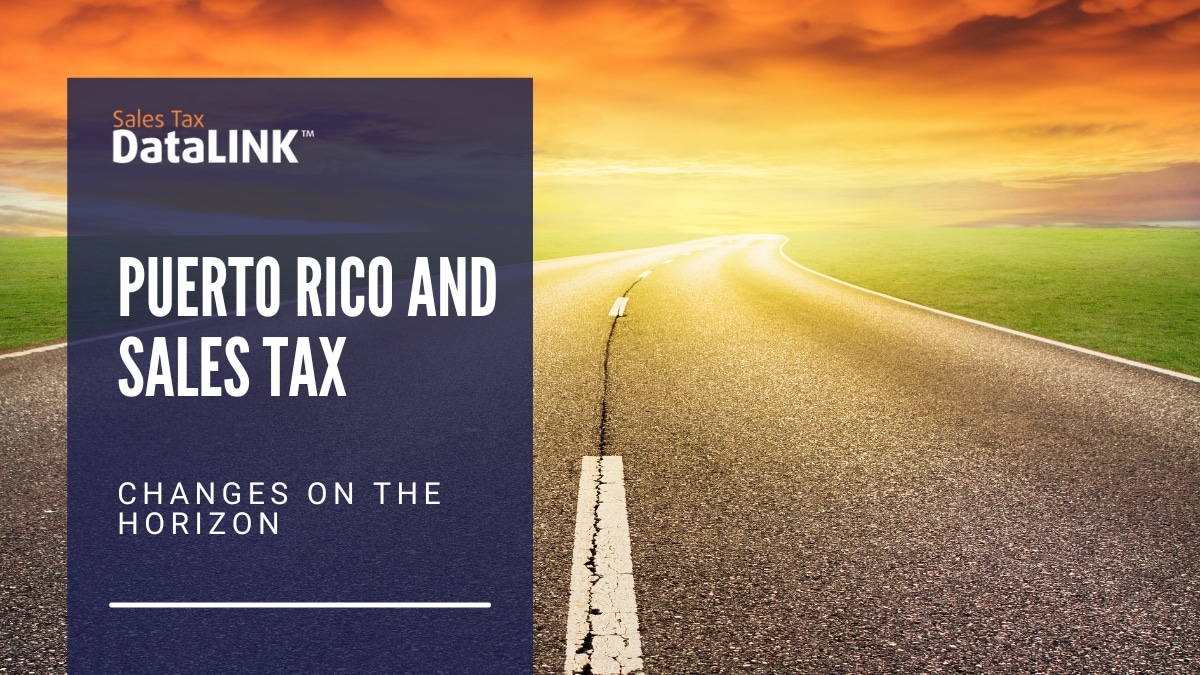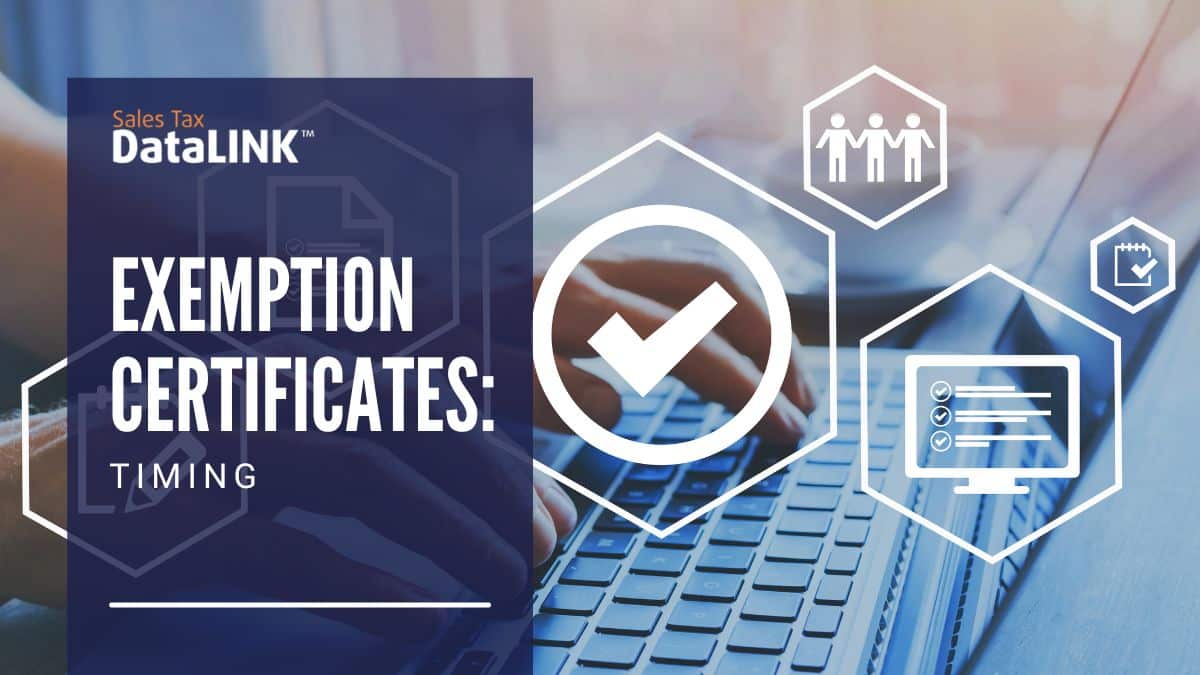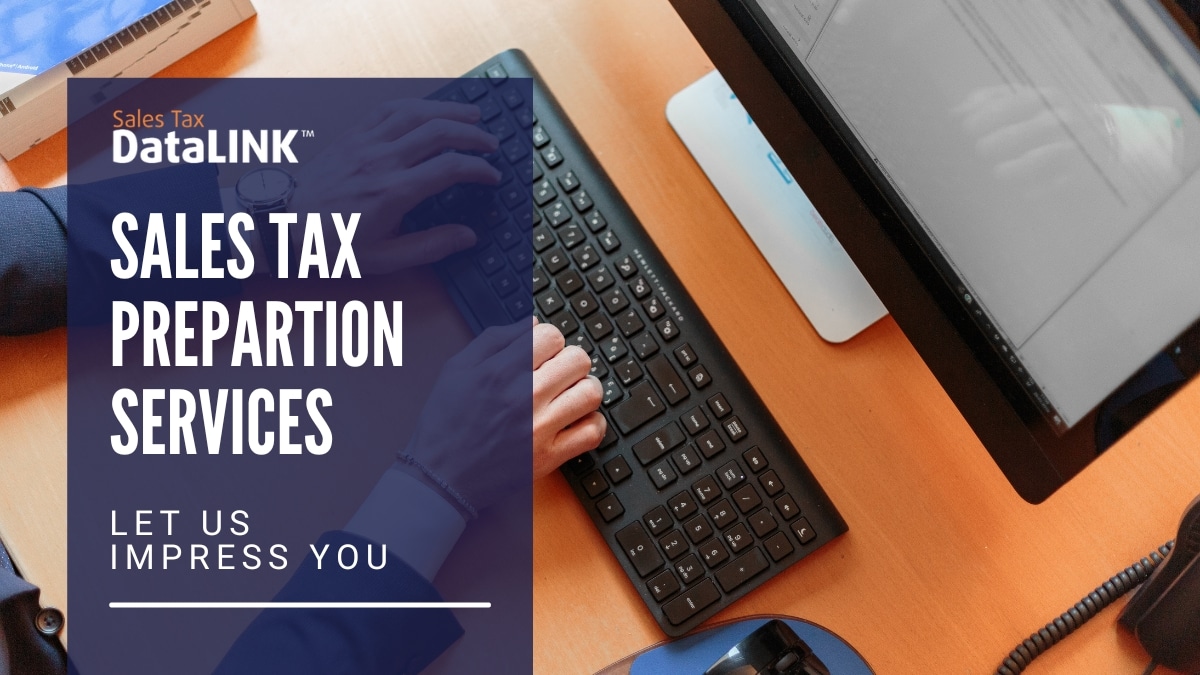Puerto Rico has been in the news as a tax haven for the wealthy and for corporations for the past year because of the special nature of their capital gains, corporate, and income taxes. Sales tax in Puerto Rico has its interesting quirks as well. If you collect sales tax in Puerto Rico (or will have to when online sales tax laws change), you need to know about the ins and outs of sales tax in this island paradise. As it stands right now, sales and use tax in Puerto Rico is 7%, higher than most states in the Union. Of that 1.5% goes to the municipalities, 2.75% to the Commonwealth of Puerto Rico, and 2.75% to COFINA. In 2007, the Legislature mandated municipalities to collect sales tax, putting an end to the optional 1% sales tax that was previously available to municipalities. COFINA is where Puerto Rico’s sales tax becomes interesting.
COFINA, or the Spanish acronym for Puerto Rico Sales Tax Financing Corporation, is a government-owned corporation that can use bonds and other financial devices to pay off the debt Puerto Rico has accumulated over the years. If you don’t know much about Puerto Rico’s financial history, the current debt is around $67.6 billion, which is roughly 66% of Puerto Rico’s gross domestic product. In comparison, New York state has the highest debt percentage of GDP for any state of the Union, coming in at around 27%. While there is a lot of controversy over why Puerto Rico has so much debt compared to the states, understanding that Puerto Rico is drowning in debt isn’t hard. The most recent borrowing was backed with sales tax futures. But Puerto Rico’s Governor Garcia Padilla is looking to decrease the sales tax rate to 6.5%, reducing the amount municipalities receive, while greatly reducing the number of exemptions — potentially increasing the amount the territory receives and helping out with that debt.
For many businesses in Puerto Rico, this might mean paying sales taxes on goods that are not at their final stage of consumption. Even though this is a reduction in sales tax, it will probably increase the overall cost of goods and might have a negative effect on manufacturing in Puerto Rico. One of the biggest changes is that business-to-business services would be taxed. The President of Puerto Rico’s Society of Certified Public Accountants, Kenneth Rivera Robles, predicted, “The elimination of the exemption for services, if it occurs early in the chain of transactions, may have a devastating inflationary effect [as it] will have the effect of increasing the cost of goods and services.” Rivera Robles continued, “A sales tax is intended only for the final consumer of the goods or services rather than downstream users in the chain … taxation levels along the supply chain would have a cascading effect by increasing operating costs and/or the direct costs for Puerto Rico’s businesses.” If you do business in Puerto Rico, you’re probably already following the big changes on the horizon. If your company simply sells to consumers in Puerto Rico, the sales tax changes may not affect the way you collect and file sales and use taxes.




